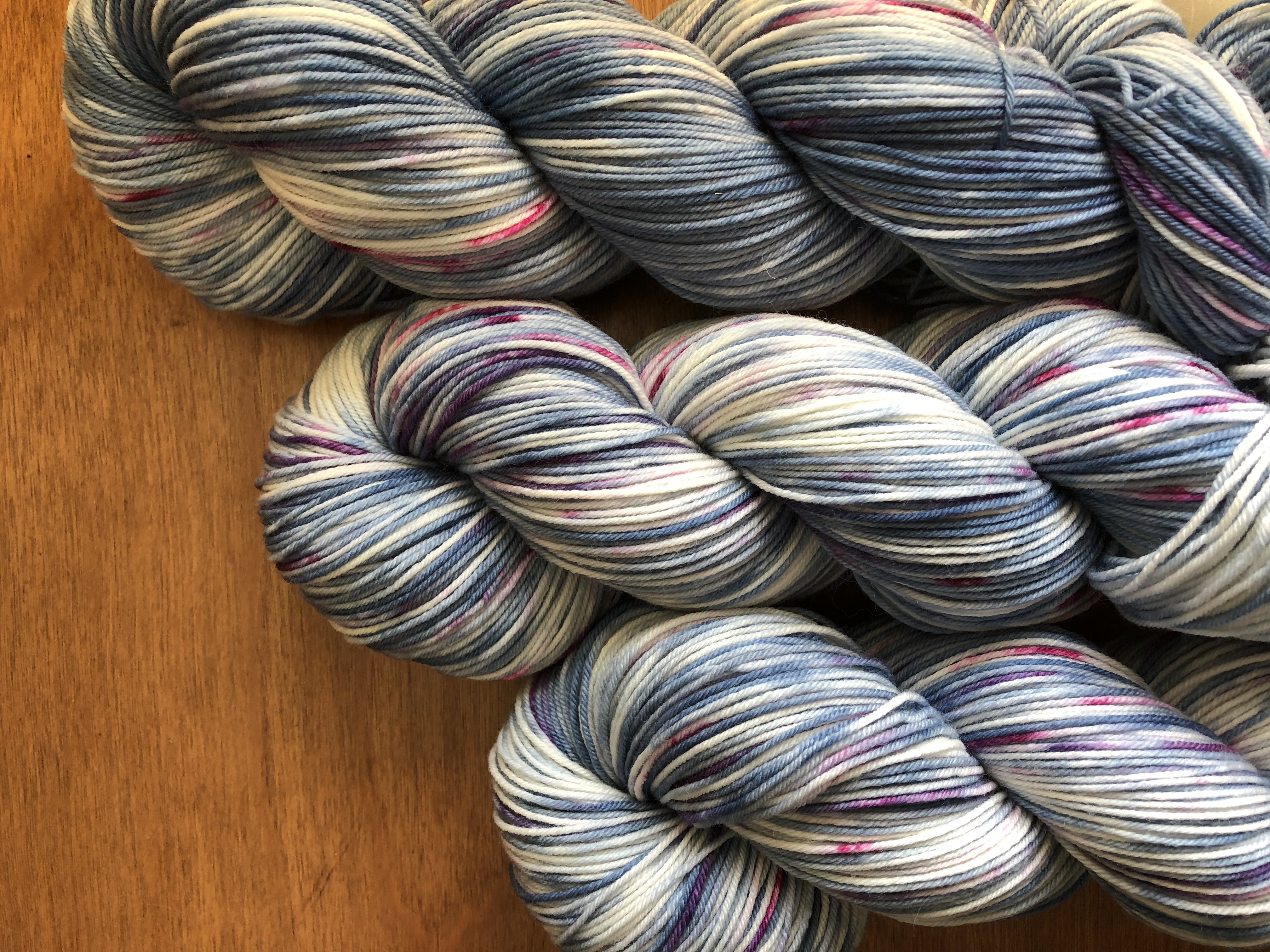Our September HerStory recipient just had a birthday (September 10, 1955 is her birthdate), so let’s all sing Happy Birthday, or Cumpleaños Feliz to her:
¡Cumpleaños feliz,
Cumpleaños feliz,
Te deseamos todo,
Cumpleaños feliz!
She’s yet another amazing heroine, whose mostly unsung work has saved thousands upon thousands of lives in the developing world. Yet another woman who saw a problem that wasn’t being addressed much in the greater world and decided to apply her massive brain power and heart to figuring out a way to fix that problem.
Dr. María del Socorro Flores González was born in San Buenaventura, Coahuila, Mexico, the eldest of five children. Her family was unique in that gender equality and education were important family values, and it’s said that her grandmother, a strong woman in her own right, was her biggest influence and champion. As long as María and her siblings were working to further their education, they enjoyed the full support of their family, and that was something that wasn’t all that common in the 1950s.
After getting her Master’s and Doctorate in science, specializing in immunology, at the National School of Biological Sciences of the National Polytechnic Institute in the 1980s, Dr. González conducted post-doctoral work in Paris. She then devoted the next twenty years to the understanding and study of invasive amebiasis, a parasite affecting the gastrointestinal system which is an endemic problem in nations that suffer from poor water quality such as her home country of Mexico. Hundreds of millions of people are affected every year by invasive amebiasis, and over 100,000 die because of the infection. Dr. González invented a diagnostic test that can be easily administered in and by countries that don’t enjoy the most technologically-advanced everything, and because of this discovery, many lives are saved every year. Infections that, in the time prior to her work and discovery, would have resulted in grave illness and death, are treated effectively.
Dr. González recognized that, because of the populations being affected by invasive amebiasis, there had been a low priority in the medical research field to discover treatments and cures for this widespread disease. Dr. González’s greatest wish is that this will aid in the care and treatment of those greatest affected by this disease: folks with low incomes, who have been ignored for so long. We could all stand to devote more time, brainpower, and resources to those things/issues/people that are most ignored in our society, don’t you think?
Our colorway this month is our attempt to make lemonade out of lemons; in other words, we’ve taken an image we found of amebiasis and turned it into this gorgeous colorway, which we’re calling Invasive Invaders.
